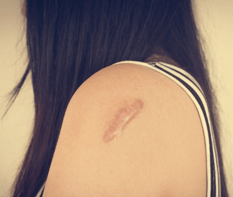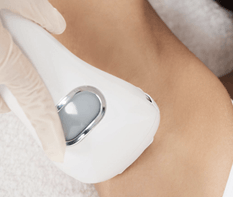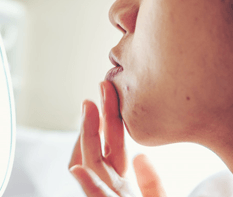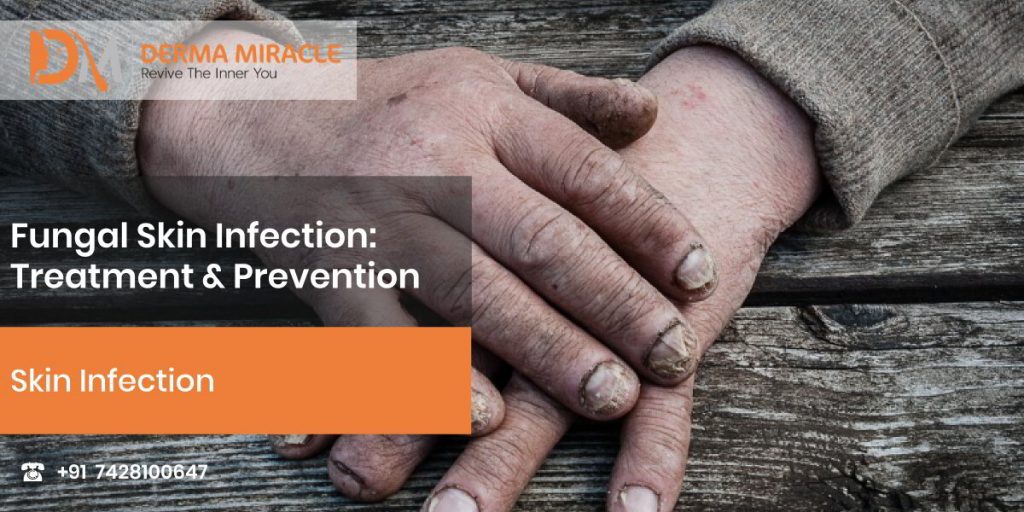This can be a sign of fungal skin infection (mycosis) which is caused by fungi that infect the skin and can happen anywhere on your body and can behave like opportunistic germs that take advantage of a situation in which the patient has a decrease in his defence. A jock with an athlete’s foot, a baby with thrush, and a woman with a yeast infection are just a few examples. They are frequent, contagious, and curable diseases with the correct treatment.
Below, we’ll explore some of the treatments for this infection and ways to prevent it.
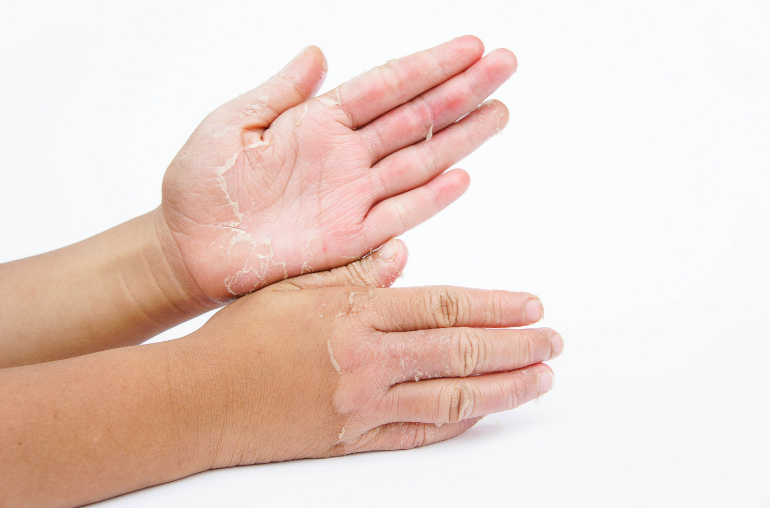
Table Of Content
How to Treat Fungal Skin Infections
In order to treat fungal infections, you can use self-help techniques or medication depending upon the severity of the same. You may be able to get rid of them at home with remedies or medicines that you can buy over the counter(OTC). But if the condition gets worse or isn’t helped by over-the-counter medicines, contact your GP.
So, you can either kill fungi directly or prevent them from growing and thriving.

Self Help
There are several things that can be done to treat and avoid the spread –
-
Wash the affected areas daily.
-
Dry your skin thoroughly after washing or bathing, especially in the folds of your skin.
-
Use probiotics and eat yogurt
-
Use Apple cider vinegar over your skin
-
Use Tree oils, turmeric, an unheated form of coconut oil, or oregano oil
-
Consuming foods rich in Vitamin C
-
Avoid scratching the affected area as it can worsen it and also increase the chances of spreading.
-
Wash the affected area at least 2 to 3 times a day
-
Keep the affected area as dry as possible.
-
Wash your clothes, bedding, and towels often.

Medication
Anti-fungal Medicines are available as OTC treatments or prescription medications, and come in a variety of forms, including:
-
Creams or Ointments
-
Pills
-
Powders
-
Sprays
-
Shampoos
You may need to continue treatment for some time after your symptoms disappear depending on the type of mycosis you have and its atrocious nature. So It becomes really important to follow the instructions that come with your medicine or the instructions your doctor gives you.
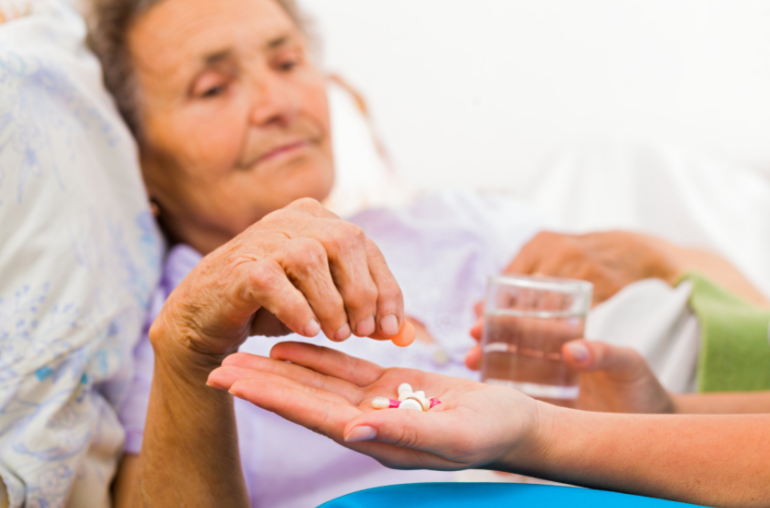
How To Prevent Fungal Skin Infections
You can reduce your risk of getting a mycosis by keeping the following tips in mind and taking some simple precautions to help avert it from developing:
-
Be sure to practice overall good hygiene.
-
Don’t share clothing, towels, hairbrushes, or other personal items.
-
Wear clean clothes every day, particularly socks and underwear. Choose clothing and shoes that breathe well and try aversion to clothing or shoes that are too tight or have a restrictive fit.
-
Make sure to dry off properly with a clean, dry, towel after showering, bathing, or swimming– especially in skin-fold
-
Be extra cautious in public spaces. Wipe down shared surfaces, such as gym equipment or mats, and don’t walk barefoot in communal areas such as showers and saunas
-
Stay away from animals that have signs of an infection. If you suspect that your pet has ringworm, take them to the vet.
Fungal skin infections are common and can be uncomfortable or even painful. In some cases, these aren’t usually serious and can be easily treated while some might require a doctor’s attention. They can diagnose the type of infection and recommend an appropriate cure effective treatment
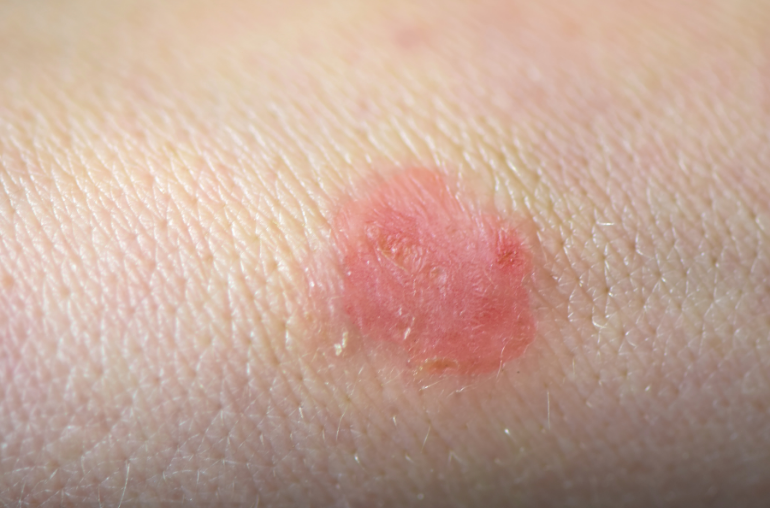
CONSULT DEMAMIRACLE
Fungal Skin Infection: Treatment & Prevention


